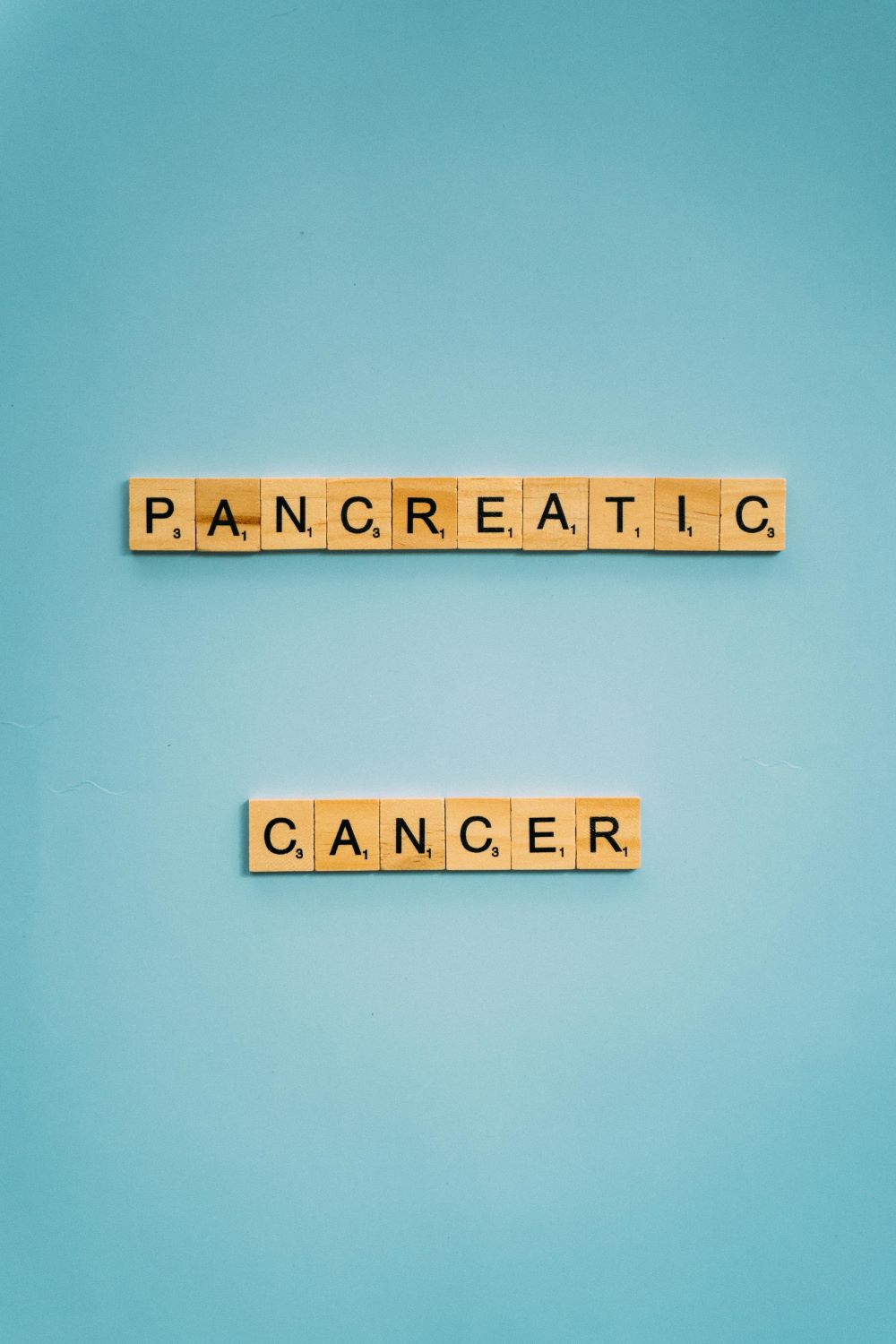PancreaSure detects pancreatic cancer early through noninvasive DNA methylation patterns.
Pancreatic cancer is one of the most lethal cancers, primarily due to being asymptomatic in its early stages and its propensity to progress very quickly. Early detection has long been a challenge in the medical field, but researchers have continued their search for ways to identify early warning signs, and they may have finally found a solution. A novel blood-based test has been identified as a potential noninvasive way to detect the disease sooner.
Dr. Emily Foster, PhD, the lead investigator from the University of California, San Francisco, and the research team report in the Journal of Clinical Oncology that the new test could significantly reduce the reliance on more invasive diagnostic procedures, such as endoscopic ultrasound and biopsy, which are often required to confirm findings.
“Pancreatic cancer is typically diagnosed at an advanced stage due to the lack of early symptoms and effective screening methods,” Dr. Foster explained. “Our new test aims to change that by providing a reliable, less invasive means of detecting the disease sooner.”
The test, known as PancreaSure, works by pointing out specific DNA methylation patterns in circulating tumor DNA (ctDNA) found in the blood. Abnormal DNA methylation has been linked to various cancers, including pancreatic cancer, making it a promising biomarker. The team created a streamlined process that involves a single-step real-time PCR assay to analyze these methylation patterns.

The study included 150 participants, both healthy individuals and those with early-stage pancreatic cancer. PancreasSure demonstrated an impressive sensitivity of 85% and a specificity of 93%. These results suggest that the test can accurately distinguish between cancerous and non-cancerous samples.
Dr. Foster and her team also conducted a larger prospective study with 300 participants to validate the initial findings. This round included diverse populations from the United States and Europe, ensuring that the test’s performance was consistent across different demographic groups, and the findings confirmed high sensitivity and specificity of PancreaSure.
“One of the key advantages of PancreaSure is its noninvasive nature,” Dr. Foster noted. “By using a simple blood sample, we can screen for pancreatic cancer without subjecting patients to more invasive and often painful procedures. This could lead to earlier diagnosis and treatment, ultimately improving survival rates.”
The development of PancreaSure represents a significant advancement in the fight against pancreatic cancer. Currently, the disease has a five-year survival rate of less than 10 percent. Symptoms of this deadly cancer, which appear in late-stage progression, include jaundice, unexplained weight loss, abdominal pain, and digestive issues, but by this time, it’s too late to reverse its effects.
“By incorporating PancreaSure into routine screening for high-risk individuals, such as those with a family history of pancreatic cancer or genetic predispositions, we can identify the disease at a more treatable stage,” Dr. Foster suggested. “This approach could transform the landscape of pancreatic cancer care, leading to earlier interventions and better patient outcomes.”
As researchers continue to refine PancreaSure and conduct further studies, the medical community is hopeful that this innovative test will soon become a standard part of pancreatic cancer screening protocols. The ultimate goal is to reduce the mortality rate associated with this devastating disease and provide patients with a fighting chance through earlier detection and treatment.
“The potential impact of PancreaSure on clinical practice is immense,” according to Dr. Foster. “By offering a noninvasive, accurate, and early detection method, we can change the narrative around pancreatic cancer. Our work is far from over, but we are optimistic that PancreaSure will pave the way for a new era in cancer diagnostics.”
Sources:
Noninvasive urine test enhances early detection of bladder cancer in patients with hematuria
New Urine Test Can Improve Accuracy for Early Detection of Bladder Cancer in Patients with Hematuria


Join the conversation!